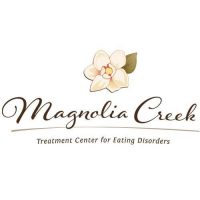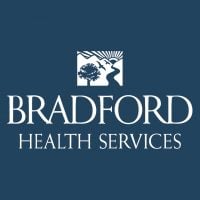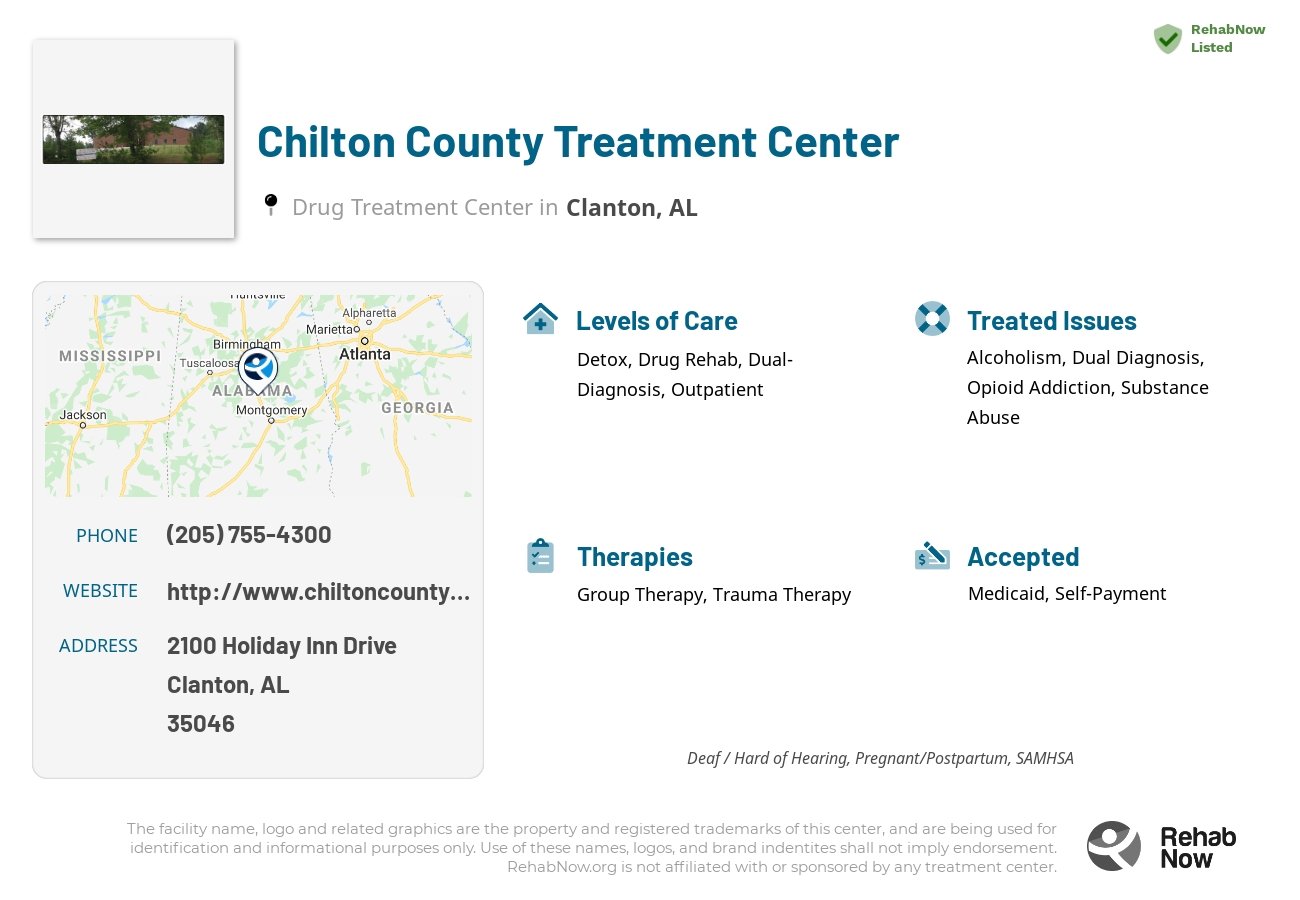
Chilton County Treatment Center
Drug Rehab Center in Clanton, Alabama
- Substance Abuse
- Opioid Addiction
- Dual Diagnosis
- Drug Addiction
- Alcoholism
Chilton County Treatment Center is a comprehensive addiction treatment facility in Alabama that offers personalized care plans, medical detoxification, inpatient and outpatient treatment programs, aftercare programs, and a range of therapy and support services to help individuals recover from addiction and substance abuse.
About Chilton County Treatment Center in Alabama
Chilton County Treatment Center (CCTC) is a comprehensive addiction treatment facility located in Clanton, Alabama. CCTC is committed to helping individuals on a journey of recovery from alcohol and drug addiction. Their team of highly trained experts is devoted to providing the highest level of personalized care to each individual patient. CCTC offers individualized care plans that are tailored to meet each patient's unique needs.
At CCTC, they provide a wide range of services for addiction and substance abuse. These include medical detoxification, inpatient and outpatient treatment programs, and aftercare programs. CCTC also offers individual, family, and group therapy, along with educational services, life skills classes, activities, and support services. In addition, they provide medication management to help patients through their recovery process. Additionally, CCTC offers relapse prevention classes and dual-diagnosis services to address co-occurring disorders.
CCTC is accredited by the Joint Commission, and the Substance Abuse and Mental Health Services Administration (SAMHSA). They also hold multiple awards and certifications, such as the American Society of Addiction Medicine (ASAM) certification. CCTC is dedicated to providing the best quality treatment for individuals struggling with addiction and substance abuse. With their comprehensive programs, individualized treatment plans, and dedicated staff, CCTC is committed to helping individuals on their journey of recovery.
Genders
Ages
Modality
Additional
Accreditations
SAMHSA
Conditions and Issues Treated
Substance abuse is a severe problem that affects many people in Clanton, AL. It is characterized by the excessive and inappropriate use of drugs, including alcohol, medications, and illicit drugs. Substance abuse can lead to physical or psychological dependence and affect social life and relationships. Treatment options include medications, counseling sessions, behavioral therapy, and group therapy. If you are suffering from substance abuse, contact for the latest treatments available.
Opioid addiction is when someone becomes addicted to opioids. This can happen quickly due to any opioid use. Opioid withdrawal can be uncomfortable and lead the user to continue using even if they want to quit. It’s best to receive inpatient treatment for detoxification.
Even if a person doesn’t need inpatient treatment, it’s recommended to start rehabilitation or at least some kind of outpatient treatment. This is because the withdrawal symptoms from opioids can be uncomfortable and unpleasant, to the point that a person could end up using again or worse.
Detoxification should be done to break the physical addiction of opioids. This can be done with opioid replacement therapy, medication-assisted therapy, or a more traditional detoxification program. Intensive outpatient treatment is a form of addiction care that allows patients to continue living at home while undergoing treatment. This type of care is appropriate for patients who have been treated in residential treatment programs. Intensive outpatient programs include regular visits to the facility providing therapy, and patients gradually return to their routine life. IOP benefits most when patients have a supportive family member or friend to help them recover.
The first step to getting into an intensive outpatient program is to attend a detoxification facility. Detoxification facilities are designed to remove substances from the body safely. The patient will attend sessions designed to help them understand their addiction and its impact on their lives. While in an intensive outpatient program, therapy sessions are scheduled three to five times per week, with the patient attending no more than two sessions in one day.
Dual Diagnosis therapy is considered more successful than traditional rehab methods because it treats the addiction and the underlying mental health disorder simultaneously. This comprehensive approach gives Clanton, AL patients the best chance for long-term recovery. If the patient does not receive treatment for both conditions, they are more likely to relapse.
Levels of Care Offered
This center offers a variety of custom treatment tailored to individual recovery. Currently available are Detox, Drug Rehab, Dual-Diagnosis, Outpatient, with additional therapies available as listed below.
Detox is the process by which toxins are removed from the body. In substance abuse, detox refers to the process of getting rid of the drugs that are already there in the system once the patient stops its further intake. Detox is the initial step in the recovery process. The physiological dependence on the drug over a period can lead to withdrawal symptoms.
Depending on the severity of the symptoms, the detox process is managed either medically or clinically. While Medically assisted detox relies on the usage of specific medicines, clinal or social detox relies on providing emotional and psychological support to the patient.
Outpatient treatment consists of counseling and therapy sessions. The outpatient treatment process begins with the addict’s initial detox period, lasting about ten days. Outpatient treatment is used for those who are at moderate risk for “slipping back” into the addiction. It is also used for those who are not currently experiencing any side effects from withdrawal, can handle social pressure, have a stable living environment, and have a good support system.
Therapies & Programs
Group Therapy is employed by drug treatment centers like Chilton County Treatment Center to provide the recovering addict with a platform to talk about their feelings and experiences. It also provides for an opportunity to learn from other addicts who have successfully overcome their addiction. It is recommended that all group members be recovering addicts for this type of therapy to work.
This type of therapy involves the use of a variety of therapeutic techniques to help addicts recover from past traumas that might have triggered their substance abuse. During these sessions, therapists will work with the addict to address painful memories and learn how to cope effectively with stressors as they arise.
During these types of sessions, therapists will typically focus on three main goals:
- Identifying and expressing painful emotions associated with past traumas.
- Reducing the effects of stress on an addict’s life by developing more effective coping mechanisms.
- Developing healthy ways of thinking about stressful situations that can help addicts avoid substance abuse issues in the future.
This type of therapy is typically used in conjunction with other types of addiction treatment services. By identifying and dealing with the root cause of addiction, most addicts can overcome their cravings and prevent relapse once they leave rehab.
Many different types of addiction treatment services exist to help addicts safely get sober, but it’s important for recovering individuals to find a therapist or support group that will help them address the root cause of their addiction.
Payment Options Accepted
For specific insurance or payment methods please contact us.
Additional Details
Specifics, location, and helpful extra information.
Clanton, Alabama 35046 Phone Number(205) 755-4300 Meta DetailsUpdated November 25, 2023
Staff Verified
Chilton County Treatment Center Patient Reviews
There are no reviews yet. Be the first one to write one.
Clanton, Alabama Addiction Information
Opioids, such as heroin, fentanyl, and prescription opioids are related to more than half of all drug-related overdoses in Alabama. Alcohol is the most frequently used substance in Alabama; 85,000 Alabamians use cocaine every single year. In Alabama, there are four times as many vehicle crashes involving alcohol as there are normal vehicle crashes.
The drug addiction problem in Clanton, Alabama is relatively bad. There were about 5,000 drug overdose deaths in Clanton in 2016. This number is especially troubling when you consider that Clanton only has a population of around 8,000 people. Heroin was the drug most often involved in overdose deaths. The options for drug treatment in Clanton depend on the person's needs. Some common treatments include detox, therapy, and medication.
Treatment in Nearby Cities
- Rogersville, AL (145.7 mi.)
- Valhermoso Springs, AL (117.5 mi.)
- Eufaula, AL (104.9 mi.)
- Sylvania, AL (129.3 mi.)
- Butler, AL (108.0 mi.)
Centers near Chilton County Treatment Center



The facility name, logo and brand are the property and registered trademarks of Chilton County Treatment Center, and are being used for identification and informational purposes only. Use of these names, logos and brands shall not imply endorsement. RehabNow.org is not affiliated with or sponsored by Chilton County Treatment Center.






